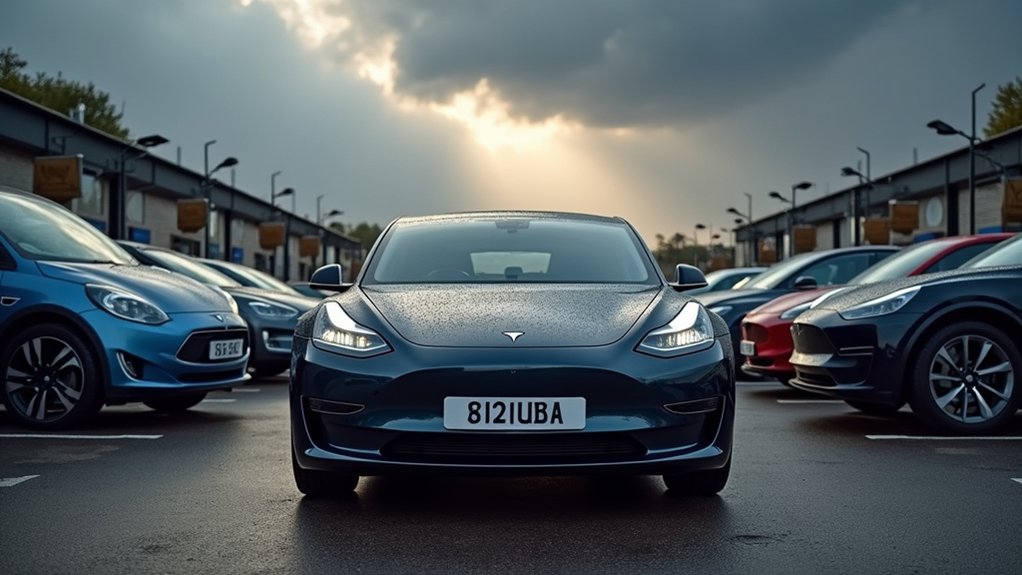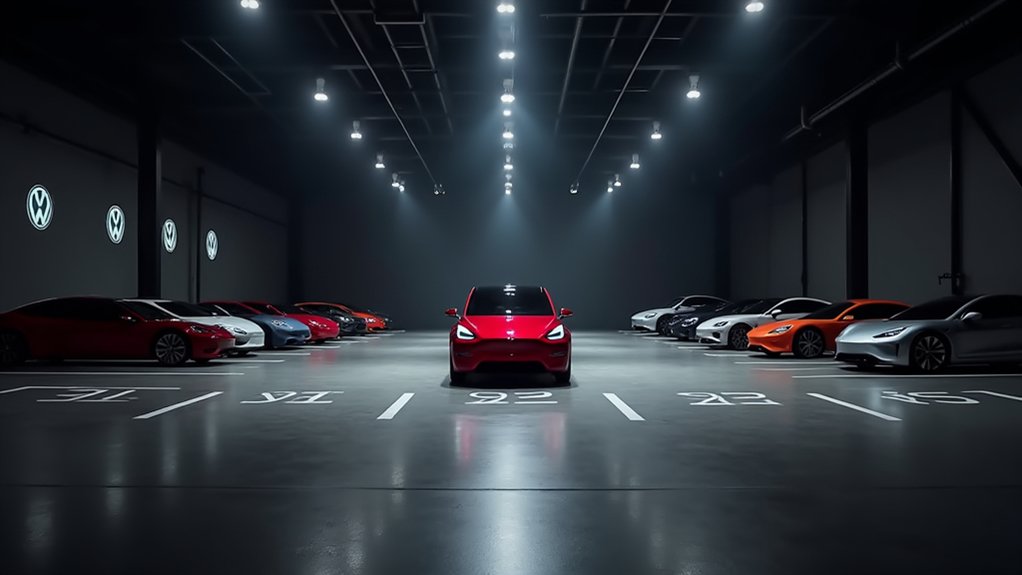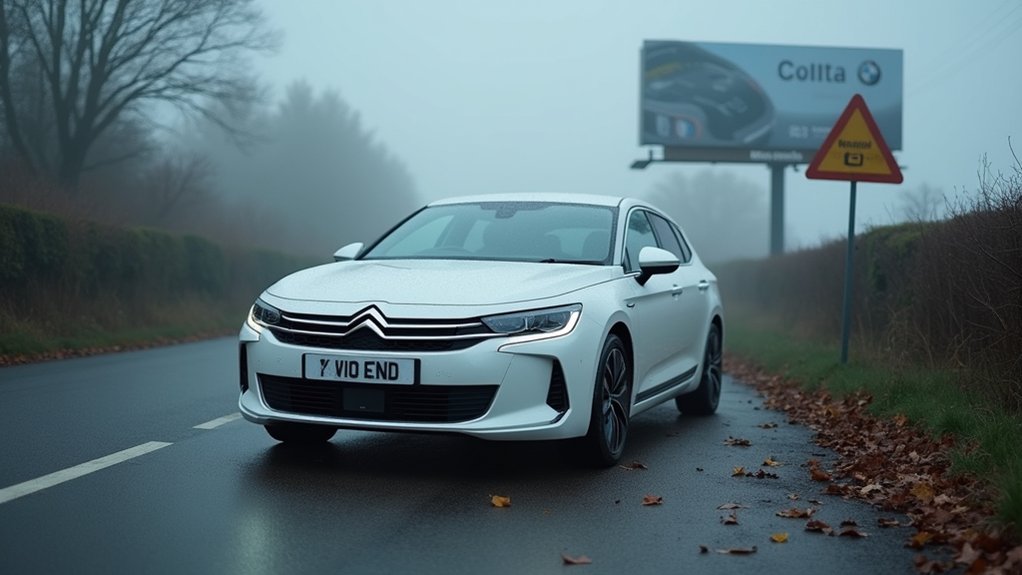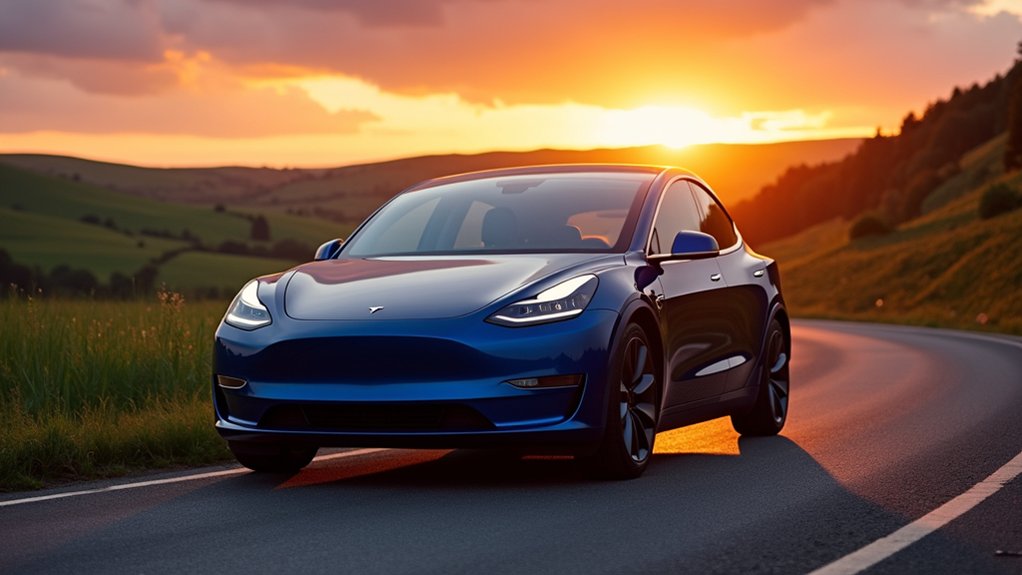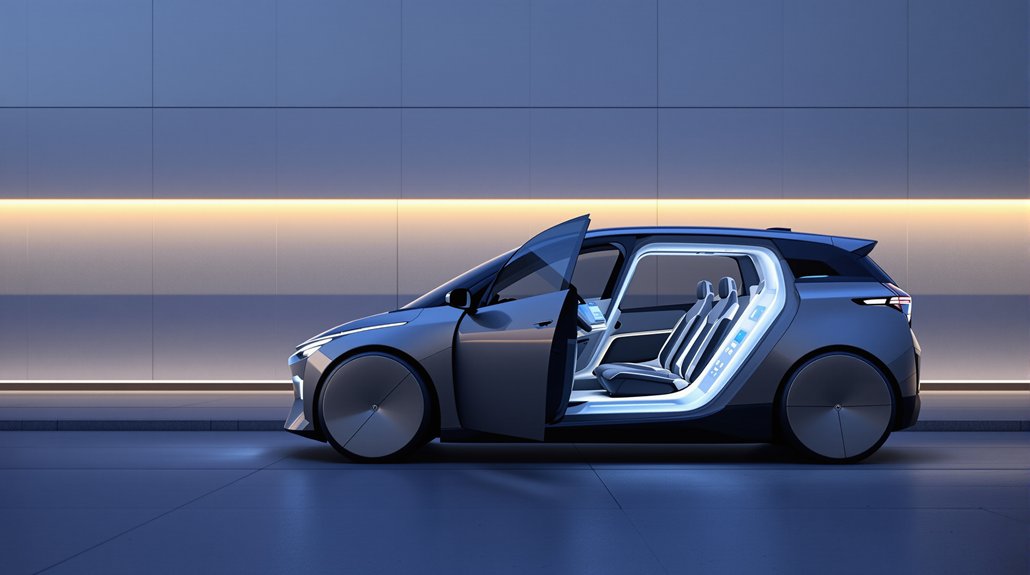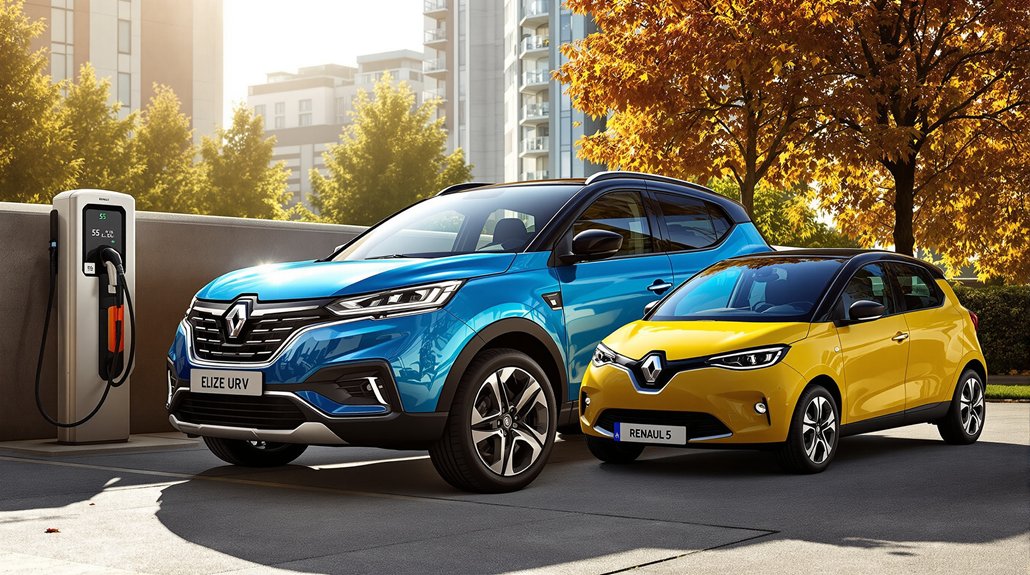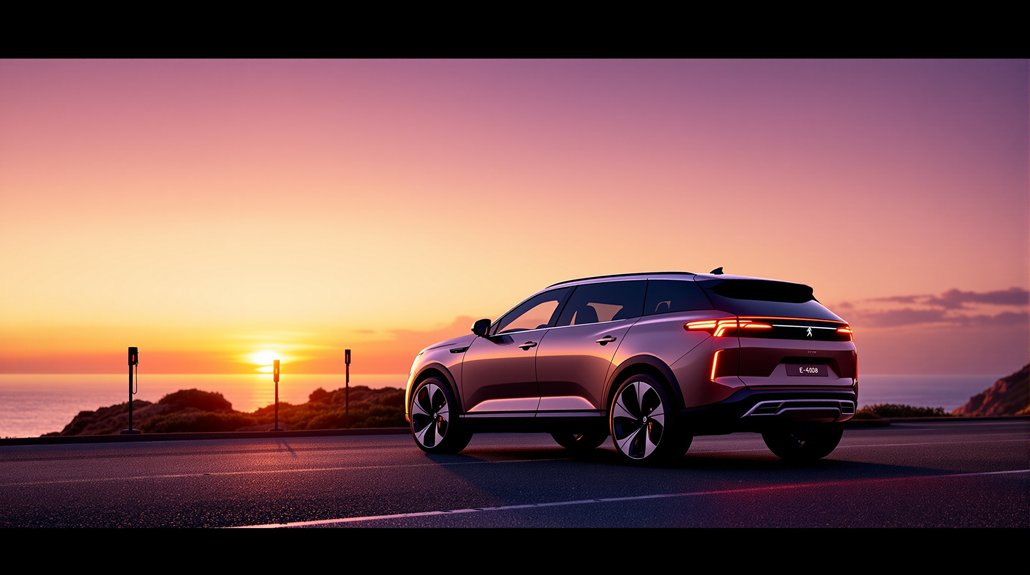Volkswagen has decisively seized the lead in the UK’s rapidly evolving electric vehicle market, with staggering growth that propelled plugin EVs to capture 32.1% of market share in April 2025. The German automaker’s remarkable performance contributed notably to the UK recording its best-ever month for electric car sales, with over 68,000 battery electric vehicles (BEVs) sold in March alone. This surge represents a 38% year-on-year increase, firmly establishing EVs as a mainstream choice rather than a niche alternative.
VW’s European electric deliveries doubled in early 2025, with first-quarter sales increasing by an impressive 157% compared to the previous year. This extraordinary growth trajectory has enabled Volkswagen to overtake Tesla as Europe’s leading electric car brand. The Volkswagen Group’s global all-electric deliveries rose approximately 60% during this period, demonstrating the brand’s effective electrification strategy across markets. The ID.4/ID.5 models have emerged as the company’s best-selling electric vehicles with 43,700 units sold worldwide.
Tesla’s UK registrations have remained virtually unchanged year-on-year, creating an opening that VW has expertly exploited. While Tesla continues to lead in overall EV volume, its stagnant performance has allowed European competitors, particularly VW, to narrow the gap considerably. Market analysts now suggest VW may soon eclipse Tesla as the UK’s top electric brand—a remarkable shift in the competitive landscape. The decline in Tesla’s position can be attributed to delayed Model Y deliveries affecting their April sales performance.
The UK’s Zero Emissions Vehicle mandate, requiring 28% BEV sales for 2025, has accelerated the market transformation. Traditional combustion engine vehicles continue their decline, with petrol registrations falling 25% and diesel dropping 15% in Q1 2025. I’ve observed this regulatory framework creating ideal conditions for VW’s diverse electric lineup. This transition reflects broader market trends where petrol and diesel cars now represent only 38.8% of sales across European markets.
VW’s success coincides with broader consumer trends favoring electric mobility. Running cost advantages and enhanced driving experiences are proving decisive in purchase decisions. The brand’s ability to appeal to mainstream buyers through its familiar model architecture has positioned it perfectly for market expansion.
As battery electric vehicles outperform plug-in hybrids in sales growth, Volkswagen’s focused BEV strategy appears particularly prescient. The coming quarters will reveal whether this momentum can be sustained.


